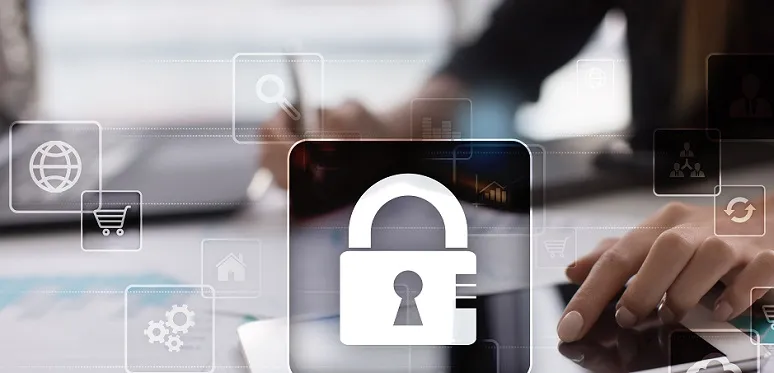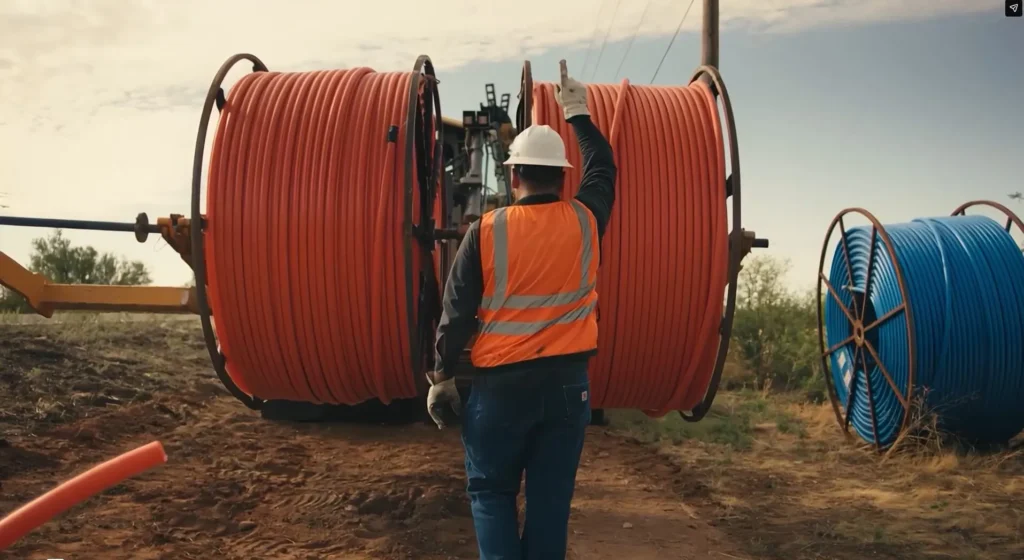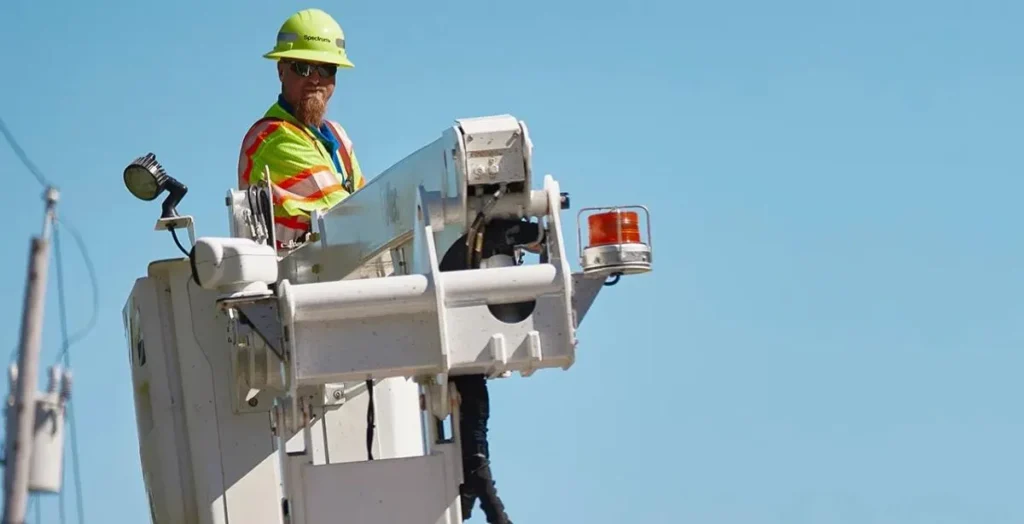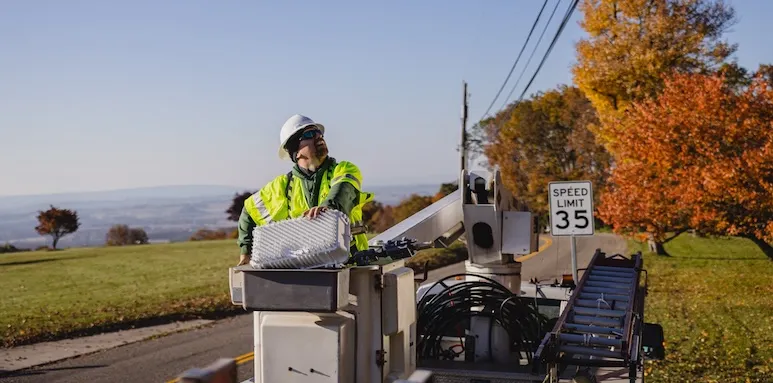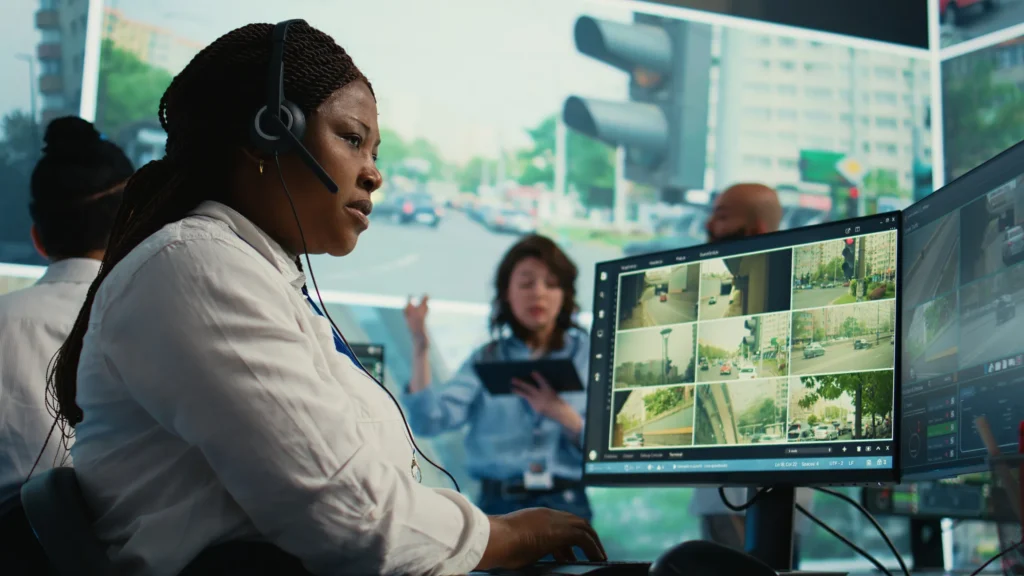October is an exciting month in the cable industry. With the events surrounding Diversity Week, Cable-Tec Expo, and Cybersecurity Month, it’s a great time to recognize the valuable contributions that exceptional cable employees make to the internet and television business, and their roles in mentoring and building the careers of aspiring leaders. Earlier this month at the Cable-Tec Expo, the industry paid tribute to the 2020 winner of the prestigious Women in Technology Award, presented jointly by WICT, SCTE•ISBE, and Cablefax. This year the award went to Kim Keever, who is the Senior Vice President of Security, Analytics and Technology Services and Chief Information Security Officer (CISO) at Cox Communications.
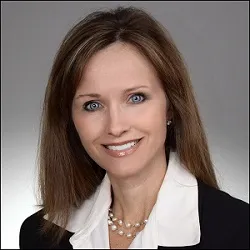
“When the Mirai botnet outbreak struck a few years ago, Kim made Cox a leading source of intelligence on the attack. She’s been central to Cox’s harnessing of data and analytics to create a more efficient, more effective operation. She continually invests in her career, but finds time to serve the community and mentor others. She is truly an inspiration to all of us,” said Zenita Henderson, vice president, marketing and business development for SCTE•ISBE. WICT President & CEO Maria Brennan also remarked, “Kim’s steadfast commitment to advancing women in technology is exemplary and her continual investment in the professional development of the industry’s future leaders is unmatched.”
In a recent interview, NCTA connected with Keever to find out more about her career journey in technology, her role at Cox, and her insights on how businesses can better empower women to pursue careers in the STEM fields. Check out our Q&A below:
How did you become interested in a career in security?
I started my career as a consultant at Accenture after college so that I could get a lay of the land and figure out what industry in technology really interested me. I worked with companies in telecommunications, financial services, and utilities. From there, I ended up at a company in the financial services industry, where I had the opportunity to build their IT team for a new business unit they were starting. I ran that for nine years and started my family while I was there [Keever has three children].
After having my second child, I decided I would stay home with my children for a few years. During this time, we also remodeled our home. We initially hired a contractor who turned out to be a criminal infamous for scamming people. This is how I got interested in security because I am so detailed and motivated to do the right thing. I kept track of everything he was doing, and I detected a pattern in the work he was doing with his subcontractors. I collected other information too, and turned it all over to the police. It turned out the police had already been looking for him. This unfortunate incident became the catalyst for how I got interested in building a case and stopping bad actors. A few years later, I took a job in the field at Coca-Cola. [Keever served as the Vice President of Information Security and Controls for Coca-Cola Refreshments and CISO for the Bottling Investments Group.]
How did you get started at Cox? Give us an overview of your role there.
I never thought I would leave Coca-Cola because I really enjoyed working there. But Cox sought me out and offered me a great opportunity. I was also hired right at the time the first big corporate security breaches were hitting the news. I knew that I needed to build a program at Cox that was going to be very engaged and one that understands all the business risks. Every industry has a different set of risks. If you think about a company like Cox, we are focused on protecting the critical infrastructure for the country and the information of our customers.
At Cox, my teams are responsible for information security, cybersecurity for our enterprise, our network that serves our customers, and the security of our products. I also lead a team that focuses on analytics for our Product, Technology, and Operations functions. The interesting thing about these two teams is that even though they seem completely different, together they are able to build, transform, and add value to the business. They play really well together.
Tell us about one of your proudest career moments at Cox.
Before COVID hit, Cox sponsored a speed mentoring event. I was asked to do the opening segment and the theme was about inspiration and mentoring. I’m a quiet and practical person, and so one of the things I pushed myself to do in my speech was to express how I feel about my peers. I think very highly of them, but I don’t always know how to express that. In my opening, I said something different and special about each one of them, and they were all so appreciative. This was a proud moment for me because I realized that I work with a great team that supports me. You see a lot of that kind of support here at Cox. At Cox, I have always felt that people are valued for their differences. For example, even though I’m a quiet person, I am a strong leader. At too many places, strong leaders might get overlooked for that characteristic. But I know how to play to my strengths, and complement myself with people whose strengths are my weaknesses, and vice versa. Cox recognizes this and values all types of people, and lets employees be their true selves.
What can businesses do to better empower and support women in the workplace?
One of the things that I think businesses have to do is take a risk. We need to be open to different approaches because people can be successful, even if they aren’t exactly what you’re used to in that model.
We started a women’s group a couple of years ago to figure out why there were so few women in technology. By pulling women together to discuss this topic, we discovered that women are hesitant to get involved in the field for several reasons, whether it was because they received feedback they are not technical enough, or because they felt they needed to dedicate themselves to family responsibilities at home. So, we started a program that takes place during lunch and that brings key leaders to a fireside chat or a speed networking event and encourages interaction. This gives women an opportunity to engage with leaders across the spectrum. Many of the women in the group have discovered that they are indeed “technical enough” to pursue a technology career, there just tends to be this perception out there that women are not.
We are also looking at starting programs with schools that encourage students, particularly girls, to pursue interests in STEM fields. We are really thinking through the whole life cycle of how we can get people, and more women, interested in technology. I think it’s so important to show girls as they are building their education the opportunities that exist in technology, and that there are ways to manage family and personal responsibilities and still get ahead in a STEM field.

